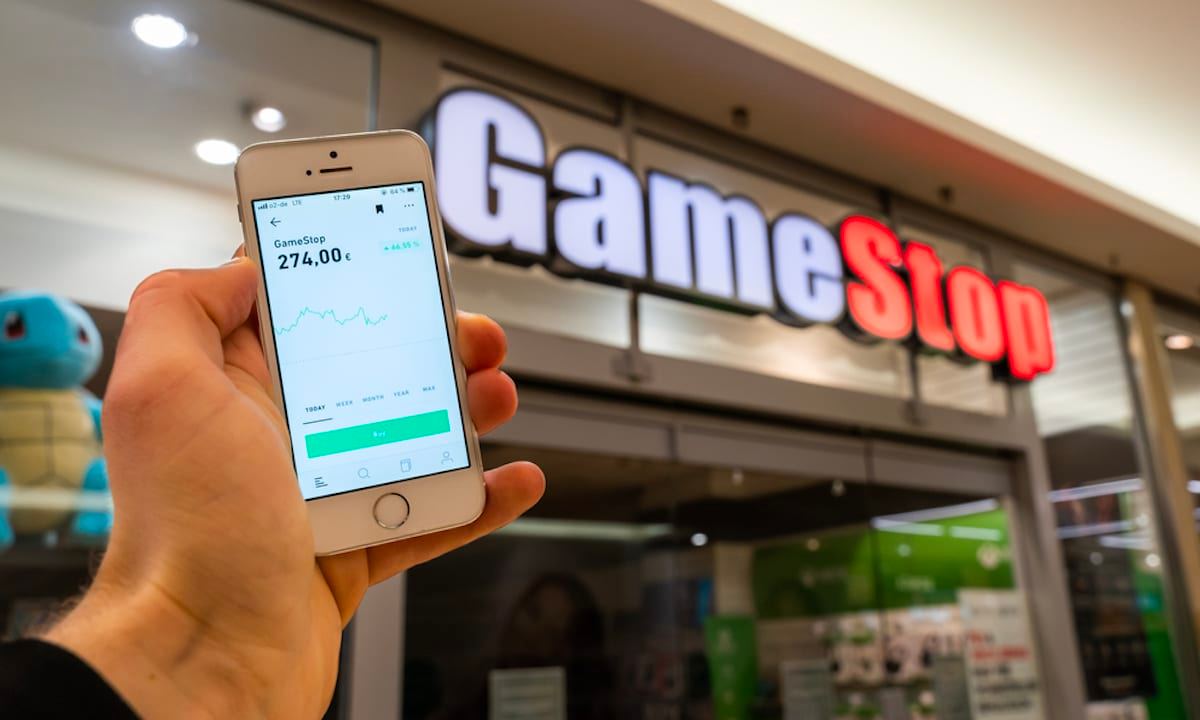Venture investing for non-accredited investors
With the emergence of fintech startups, individual investors finally have a chance to participate in the growing private equity market.

Retail investors and venture opportunities
Private equity investments are still relatively affordable only to wealthy investors. To invest directly in a company like Klarna or Neuralink, you must be an accredited investor and have a lot of capital. The entry ticket to become a direct shareholder is about $300k.
But with the emergence of fintech startups, individual investors finally have a chance to participate in the growing private equity market.
Before we dive into it, let's go over the basics first.
What is an accredited investor?
Each jurisdiction has different requirements to become an accredited, 'experienced' investor. An accredited investor has extensive experience in financial markets and a decent amount of capital.
In the US, a person must have a net worth of over 1,000,000 USD or an annual income of over 200,000 USD for two years, expecting the same income value in the current year.
In Canada, a person has to own 1 million USD in financial assets or a net worth of over 5 million USD; alternatively, an individual's net annual income before taxes has to be over 200,000 USD in the two most recent years with the expectation of the same income value in the current year.
In the UK, a person has to earn at least 100,000 GBP a year or have at least 250,000 GBP in assets, regardless of the individual's primary residence, insurance, and pension policies.
In the EU, a person needs to carry out transactions of significant size on the relevant market at an average frequency of 10 per quarter over the previous four quarters. Additionally, a person needs a financial portfolio exceeding 500,000 EUR or work in the financial sector for at least one year.
Who are non-accredited investors?
Non-accredited investors don't fall under the requirements listed above. They operate with a traditional brokerage or online trading platforms like E-Toro or Robinhood. The main difference with an institutional investor is the capital under management.
Despite the small investment capital, non-accredited investors significantly impact market sentiment. The dramatic rise of Tesla or Bitcoin shows how far they push the price of an asset. And the most dramatic case of GameStop has made institutional investors get a little nervous about the power of these "smaller" investors.
Professionals accuse non-accredited investors of lacking the knowledge, discipline, control, and expertise to manage investments.
Access to venture
Regulators have banned non-accredited investors from investing in private equity for their financial well-being. Since private companies do not disclose their activities, such investments are considered highly risky.
Meanwhile, funds and large banks have access to all information since companies are ready to share it only with potential investors.
At the same time, would you consider investing in SpaceX risky? Investment in companies with multi-billion valuation sounds excellent, especially when a startup has already transformed into a big corporation with many trustworthy partners and clients.
Still, only accredited investors can purchase shares of large-cap private companies like SpaceX, Revolut, or Klarna. Moreover, the minimum entry ticket varies from 200k to 500k USD, out of reach for other investors.
Thankfully, with the help of blockchain technology, the game has drastically changed.
However, it's worth noting that when you purchase a share in a private company on blockchain, you do not become a direct shareholder of this company, and you wouldn't find your name in the register (table of investors).
Moreover, private companies tend to stay private for longer, making the PE market more attractive to investors. The private equity marketplace for non-accredited investors will disrupt the industry as Robinhood did with the stock market.
The GameStop case is proof.
GameStop story
In January 2021, a group of investors created a s/Reddit to share news, analysis, and investment ideas. At one point, they noticed that several hedge funds highly shorted stocks of the video game retail store GameStop.
This means that some institutional investors are betting a lot on the share price depreciation.

The decision was to pool their money and create long positions to achieve a 'short squeeze' process. A short squeeze occurs when a stock increases high enough, forcing traders who bet its price would fall to buy it to prevent even more significant losses.
The first bulk of liquidation pushes the price even higher and forces the subsequent bulk of short positions to liquidate. The concept is similar to the domino effect, which further causes the price.
The main requirement to create short squees on the market is to find a stock or asset with more short positions than long ones. And that exactly was the case with GameStop, and the group of nearly 100 traders were able to manipulate the market.
Initiation of the short squeeze made the price of Gam Stop share skyrocketing by almost 800% in just one week. Some hedge funds were close to bankruptcy, while trades from the Reddit army have earned millions of dollars.
The GameStop scandal became a great example of how retail investors can manipulate the market against big shots from Wall Street.
Private Equity
The Raison Marketplace is the first step in democratizing a closed and unapproachable market. With evolving technologies and proper regulation, the PE market will welcome more and more non-accredited investors.
Using blockchain technology, Raison integrated fractional shares and created the world's first legal structure for secure venture investments available for everyone. Fractional shares are not new in investing and have been a mainstream topic, mainly thanks to big companies like Robinhood and Stash. But fractional shares in venture investing is something entirely new for the market.
Raison opened the opportunity for retail investors to invest in the most prominent private companies like Klarna, Neuralink, Patreon, Better, and more.
On Raison Marketplace, anyone can create a portfolio of late venture companies starting from $1 with all available public information for each investment opportunity in the app.
Q&A with Raison app founder
You can find more information on venture investing, pre-IPO units, and the Raison in our Q&A session with Raison app founder — Alexander Zaytsev.
 Қазақша
Қазақша